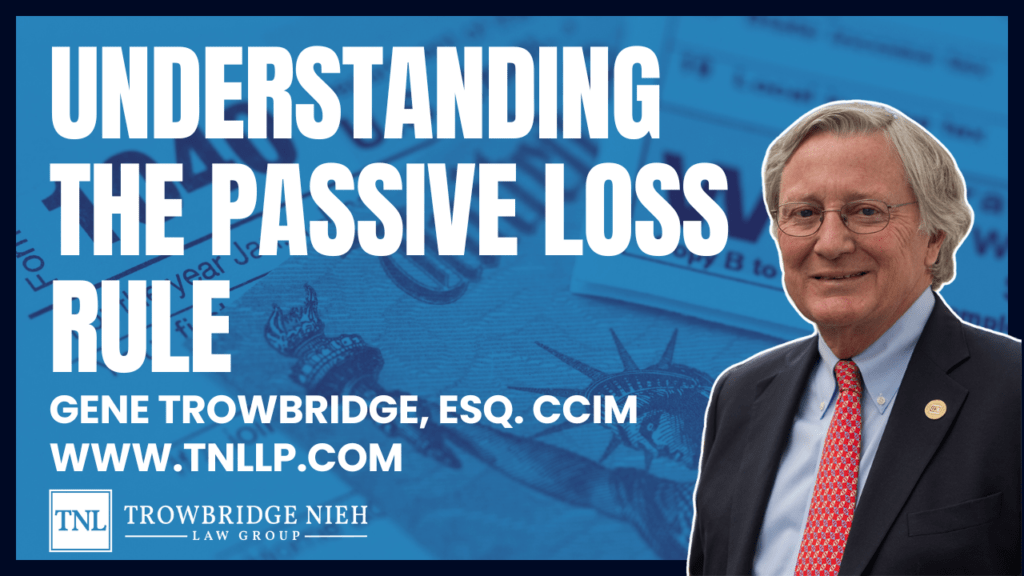“What is a Syndication?”
Article is based on a video featuring Jon Nieh, Esq. (below)
Defining Syndication in Real Estate
When it comes to real estate investments, the term “syndication” often surfaces. But what exactly does it mean, and when does it involve securities laws? In a video by Jon Nieh, Esq., a founding partner at Trowbridge Nieh Law Group, he provides a broad overview of the intricacies of real estate syndication and its connection to securities regulations.
Syndication in real estate essentially involves a group of investors pooling their funds to acquire a specific property or achieve a common real estate goal. This pooling of resources is at the core of real estate syndication.
Navigating the Securities Aspect of Syndication
However, as Jon Nieh, Esq. highlights, the key question in real estate syndication is whether it rises to the level of a security. The answer to this question lies in the roles of the participants. In a syndication, there is typically a sponsor or promoter who makes all the decis
ions and profits on behalf of passive investors. The presence of passive investors is a fundamental element of securities.
A security is an investment of money in a common enterprise with the expectation of profit solely through the efforts of a promoter.
For limited partnerships (LPs), where limited partners have no control over the company, they inherently involve securities. Thus, if you’re structuring your real estate investment as an LP, you should consider consulting a securities attorney to ensure compliance with securities regulations.
In contrast, limited liability companies (LLCs) offer more flexibility. If an LLC is member-managed, where all members have equal say in decision-making, it may not necessarily be classified as a security. However, if it’s manager-managed, resembling a limited partnership with the manager making key decisions, it could fall under securities regulations.
[T]he central question is, is there a promoter? Is there a sponsor? Who’s in charge, who’s making all the decisions? And are there a group of passive investors?-Jon Nieh, Esq.
Link to the Full YouTube Video:
If you are considering real estate syndication or have questions regarding securities regulations, Trowbridge Nieh Law Group offers free consultations with experienced attorneys like Jon Nieh, Esq. to guide you through the process.
In conclusion, real estate syndication involves the pooling of funds among investors for common real estate ventures. Understanding whether it falls under securities regulations is crucial, as it depends on the roles of participants and the structure chosen. Consulting with a securities attorney, such as Jon Nieh, Esq., can help you navigate the complex landscape of real estate syndication and ensure compliance with securities laws.
By gaining insights from legal experts like Jon Nieh, Esq. you can make informed decisions about your real estate investments and explore alternative investments, such as crowdfunding, which shares some similarities with syndication.





